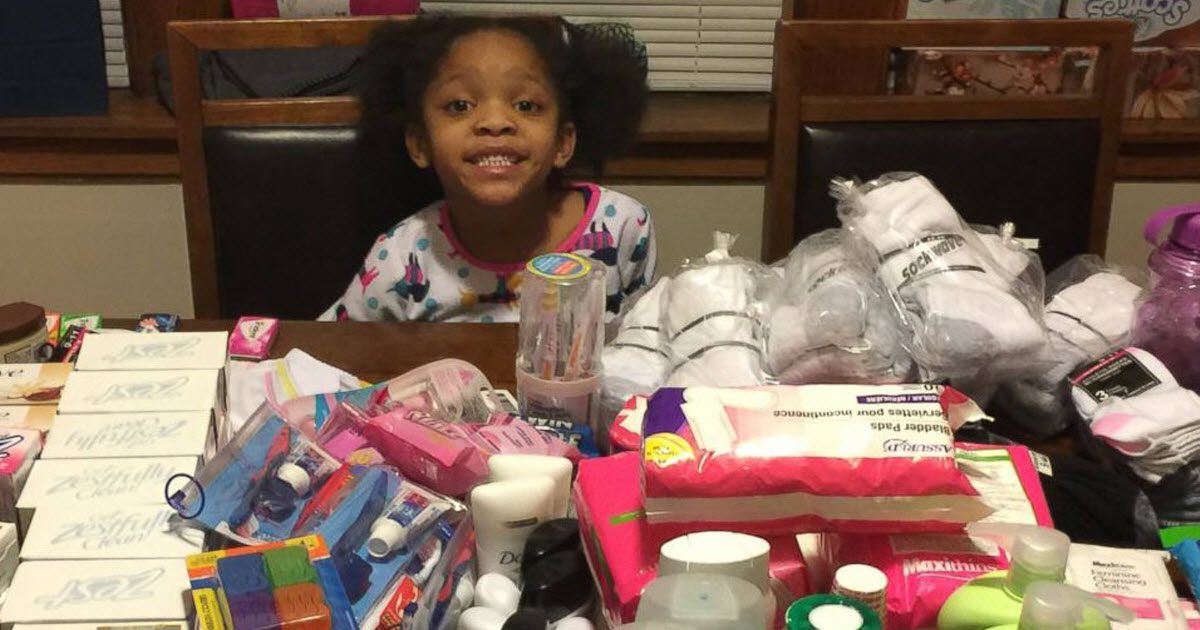The signs that you’re enabling your grown child can be hard to pinpoint. But, we’ve got some helpful tips on how parents should tackle this issue and what they need to do in order for it not to stop.
Dr. Lara Friedrich, a licensed psychologist who works with families explained, “From a technical perspective, enabling happens when a parent removes a naturally occurring negative consequence from a grown child’s life, and the child doesn’t learn from the experience. Said differently, it’s when a parent and child get stuck in a cycle that keeps both dependents on the other in a way that doesn’t allow for the adult child to make mistakes and grow.”
One of the reasons this could happen is because parents don’t want their children to grow up and leave them behind. Parents sometimes enable children without realizing it, when they feel as though the child will never be able to separate from them. This fear of losing a close bond leads parents in taking unhelpful steps that can potentially impede one’s personal development. The result is that instead of learning how to function as an independent adult, your child gains a sense of entitlement and learned helplessness. They also lack respect for themselves or others.
Dr. Racine Henry, a marriage and family therapist based in New York and the founder of Sankofa Marriage and Family Therapy said, “They will expect the same enabling treatment from other people in their lives and only engage in relationships where they can be selfish and the center of attention. Also, enabling does not require your child to respect you or consider your feelings. This may limit your ability to be independent and live your life on your terms because you will have to be constantly available and responsible for another adult.”
Enabling can come in different forms – from making excuses for your grown child’s drug addiction and criminal activity to helping out with everyday tasks like doing the laundry or cleaning.

Some Of The Most Common Signs That You’re Enabling Your Grown Child Are:
•Your adult child won’t take ‘no’ for an answer.
If your child has an overly negative response when you say “no”, this could be a sign that they are being enabled in their bad behavior.
•You aren’t being respected by your adult child.
They don’t show you any respect, and they cross every line that’s been set. Dr. Henry says, “If you say, ‘don’t call me after 10 p.m. or I won’t allow you to live with me any longer and they continue to do these things, you could be enabling this behavior.”
•You treat your adult child as a baby.
Why should you have to teach your adult child things that they already know how to do, such as laundry? That’s right – it’s time for them to take care of the housework themselves.
•You make the decisions for your adult child.
Your children need you to be their voice and make decisions for them. “It is one thing to offer advice but if your adult child relies on you to decide about jobs, friends, romantic partners, etc. they are codependent in an unhealthy way,” says Dr. Henry.
•You always end up paying for everything.
You are setting a bad habit if you pay for your grown child’s bills and they don’t chip in toward household expenses.
•You are worn out, feeling overwhelmed, and taken advantage of.
It’s no longer beneficial to the parent because they will always be involved with their child in an inconsiderate way. Keeping up in contact intrudes on your time, money, and energy which you might want for other things
Here Are Some Steps You Can Take On How To Stop Enabling Your Grown Child
•Setting boundaries
Setting boundaries is the first step to helping your adult child become more independent. You can provide a helping hand when needed, but children need to learn how best to handle their own problems. You might think about what boundaries you’re comfortable with for this type of situation in order to teach them slowly and patiently. You can either have a conversation with your child about these limits or enforce them as soon as possible. Be consistent and implement them. If the adult child feels uncomfortable or unhappy with their new limits then it’s a sign that these are good rules.
•It’s not easy to watch your child struggle, but you should be OK with it.
The more you can tolerate seeing your child struggle, the better. If you’re struggling to stop watching, talk with a therapist. Together you can create an action plan that will break the cycle.
•Simply say “Google it, I’m sure you’ll find what you’re looking for.”
When you’re asked how to do something by your adult kids, suggest that they Google it. You might think this is harsh but they are capable. Rebecca Ogle, a clinical social worker and licensed therapist who practices teletherapy in Illinois say, “By stopping, you give them the opportunity to: A. Do nothing and suffer the consequences or B. Do what they need to. The choice is up to them.”
If you know someone who might like this, please click “Share”!


